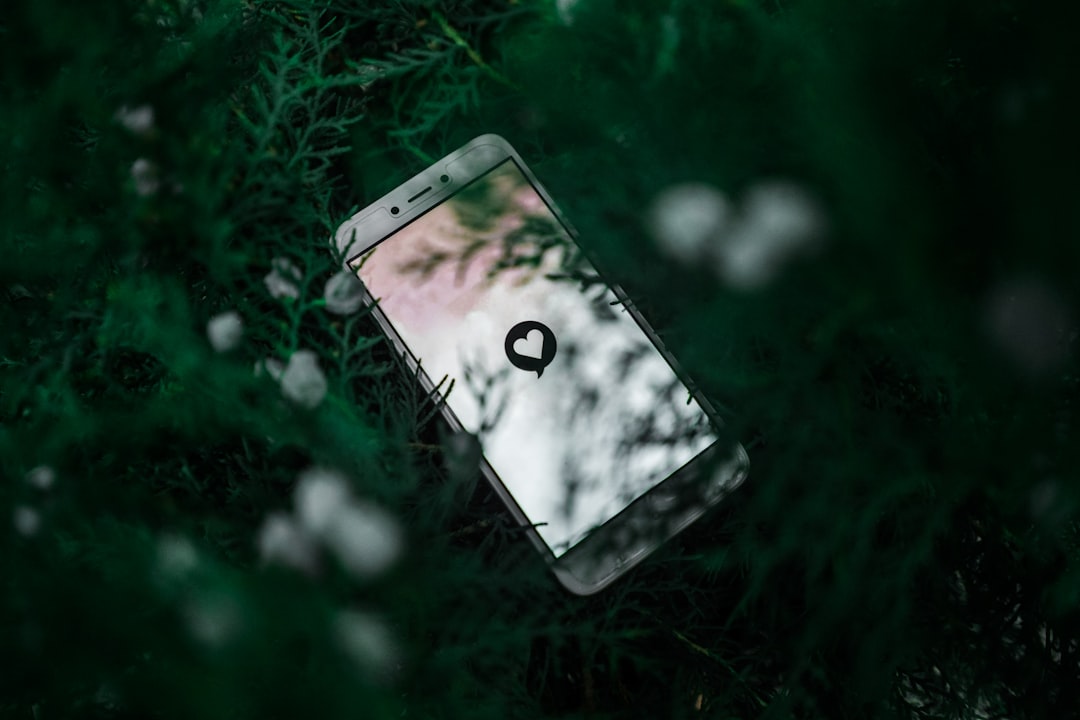In today’s digital age, social media has become an integral part of our lives. We use platforms like Facebook, Instagram, Twitter, and LinkedIn to connect with friends and family, share our thoughts and experiences, and stay updated on current events. However, as we spend more time online, it’s important to be mindful of our privacy and security.
With increasing concerns about data breaches, identity theft, and online harassment, protecting your privacy on social media has never been more important. In this blog post, we’ll discuss some best practices for safeguarding your personal information and staying safe while using social media.
1. Review your privacy settings
One of the first steps in protecting your privacy on social media is to review and customize your privacy settings. Most platforms allow you to control who can see your profile, posts, and other information. Take the time to explore these settings and adjust them according to your preferences.
For example, on Facebook, you can choose to make your profile and posts visible to everyone, only your friends, or a customized list of people. You can also control who can send you friend requests, tag you in posts, or see your location. By regularly checking and updating your privacy settings, you can limit the amount of personal information that is shared with others.
2. Be mindful of what you share
In addition to adjusting your privacy settings, it’s important to be cautious about the type of information you share on social media. Avoid posting sensitive information such as your home address, phone number, or financial details. Be mindful of sharing your location in real-time, as this can reveal your whereabouts to potential burglars or stalkers.
Think twice before sharing personal photos or details about your family, friends, or colleagues. Once something is posted online, it can be difficult to completely erase it from the internet. Remember that anything you share on social media can be potentially seen by a wide audience, so it’s important to exercise discretion.
3. Use strong, unique passwords
Another key aspect of protecting your privacy on social media is using strong, unique passwords for your accounts. Avoid using simple and easily guessable passwords such as “123456” or “password.” Instead, create complex passwords that include a mix of letters, numbers, and special characters.
It’s also important to use a different password for each of your social media accounts. In the event that one account is compromised, having unique passwords can prevent hackers from gaining access to your other accounts. Consider using a password manager to securely store and generate strong passwords for all your online accounts.
4. Enable two-factor authentication
Two-factor authentication adds an extra layer of security to your social media accounts by requiring a second form of verification, such as a code sent to your phone or email. This can help prevent unauthorized access to your accounts, even if someone knows your password.
Many social media platforms offer two-factor authentication as an optional security feature. Make sure to enable this setting on all your accounts to enhance the security of your personal information. Additionally, regularly review the devices and locations that have accessed your accounts to detect any suspicious activity.
5. Beware of phishing scams
Phishing scams are a common tactic used by cybercriminals to trick individuals into divulging their personal information, such as login credentials or financial details. Be cautious of unsolicited emails, messages, or links that ask for sensitive information or prompt you to click on suspicious URLs.
To protect yourself from phishing scams, never click on links or download attachments from unknown sources. Be wary of emails or messages that claim to be from social media platforms, banks, or government agencies, especially if they ask for personal information. When in doubt, contact the company directly through their official website or customer support channels.
6. Regularly update your software
Keeping your devices and software up to date is essential for securing your online accounts and protecting your privacy. Software updates often include patches for security vulnerabilities that could be exploited by hackers. Make sure to regularly update your operating system, web browser, and antivirus software to ensure that your devices are protected from potential threats.
Additionally, consider using a virtual private network (VPN) when accessing social media on public Wi-Fi networks. A VPN encrypts your internet connection and helps safeguard your data from eavesdroppers and cybercriminals. This extra layer of security can prevent unauthorized access to your online activities while browsing on public networks.
7. Monitor your online activity
Lastly, it’s important to regularly monitor your online activity and review your social media accounts for any signs of unauthorized access. Keep an eye out for unfamiliar posts, messages, or friend requests that may indicate that your account has been compromised. Report any suspicious activity to the platform’s support team and take steps to secure your account.
Consider reviewing your social media followers and connections to ensure that you only have trusted individuals in your network. Unfriend or block any accounts that appear suspicious or engage in inappropriate behavior. By actively monitoring your online presence, you can quickly identify and respond to potential privacy risks.
In conclusion, protecting your privacy on social media is a proactive process that requires diligence and caution. By following the best practices outlined in this blog post, you can safeguard your personal information and stay safe while using social media. Remember to review your privacy settings, be mindful of what you share, use strong passwords, enable two-factor authentication, beware of phishing scams, update your software regularly, and monitor your online activity. By taking these steps, you can enjoy the benefits of social media while minimizing the risks to your privacy and security.

